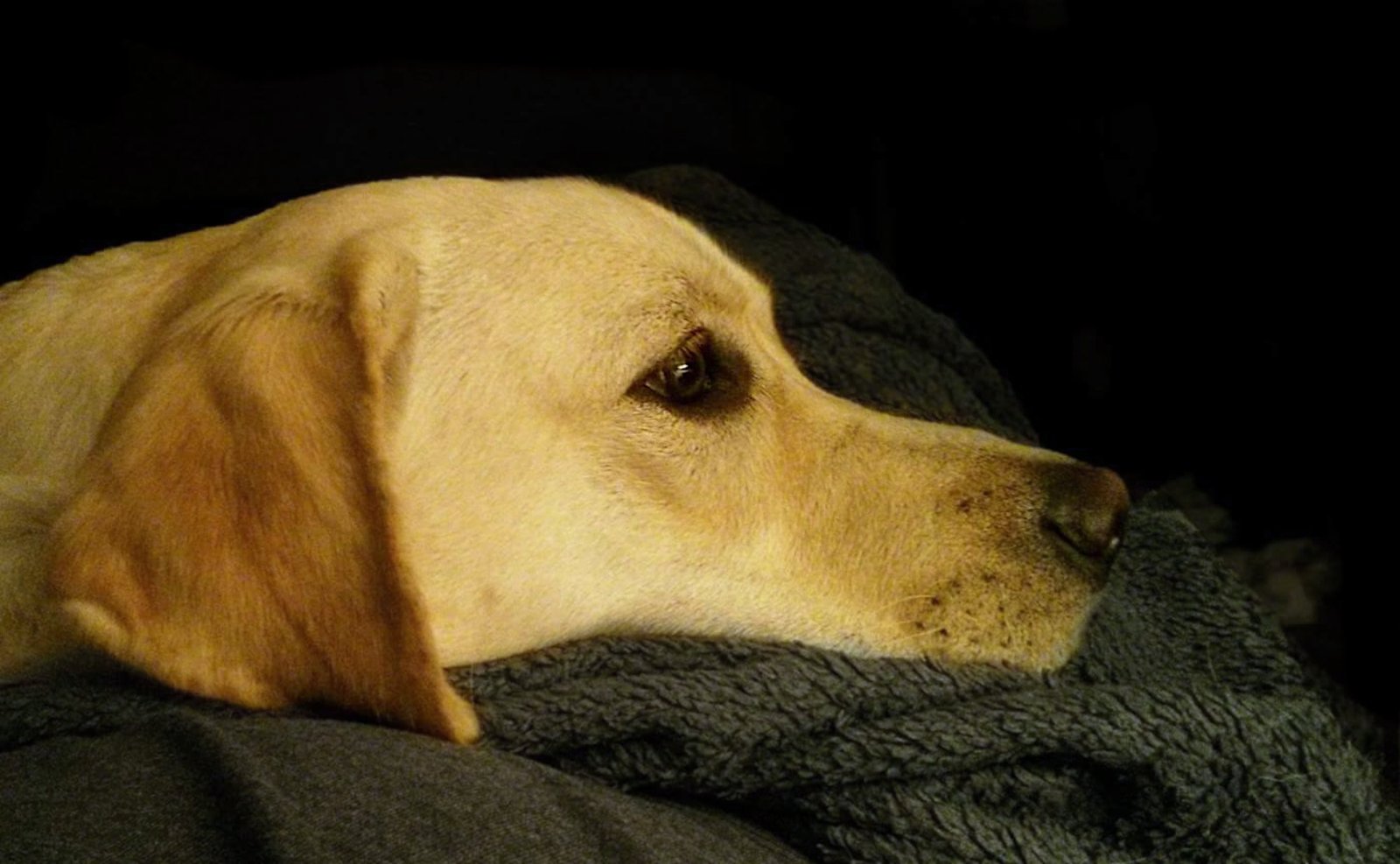Labrador Retrievers are famous for their boundless affection, wagging tails, and irresistible puppy-dog eyes. They seem to fall head over paws for every human they meet, whether it’s a family member, a neighbor, or the mail carrier. But what happens when these lovable companions are left to their own devices? Can their sunny personalities weather the quiet hours alone, or do they long for company more than we realize? Let’s dive into the surprisingly emotional world of Labradors and discover how solitude really affects these social butterflies.
The Social Heart of a Labrador
Labradors are wired for connection. From the moment they’re born, these dogs crave attention, touch, and togetherness. It’s no wonder—they were bred to work alongside humans, retrieving game and keeping fishermen company on long days by the water. This deep-rooted desire for companionship makes them especially sensitive to being left alone. You might notice your Labrador following you from room to room, or greeting guests like long-lost friends. Their joy in social situations isn’t just cute—it’s essential to their well-being.
Why Labradors Struggle With Solitude
Being alone can feel downright unnatural for a Labrador. When the house empties out and the usual hustle and bustle fades, many Labs start to feel uneasy. Some will whine at the door, others may pace restlessly, and a few might even act out by chewing on shoes or furniture. This isn’t just naughty behavior; it’s their way of expressing confusion and longing. Imagine being at a party every day, then suddenly finding yourself in an empty room—Labradors experience that switch with every goodbye.
Signs of Separation Anxiety in Labradors
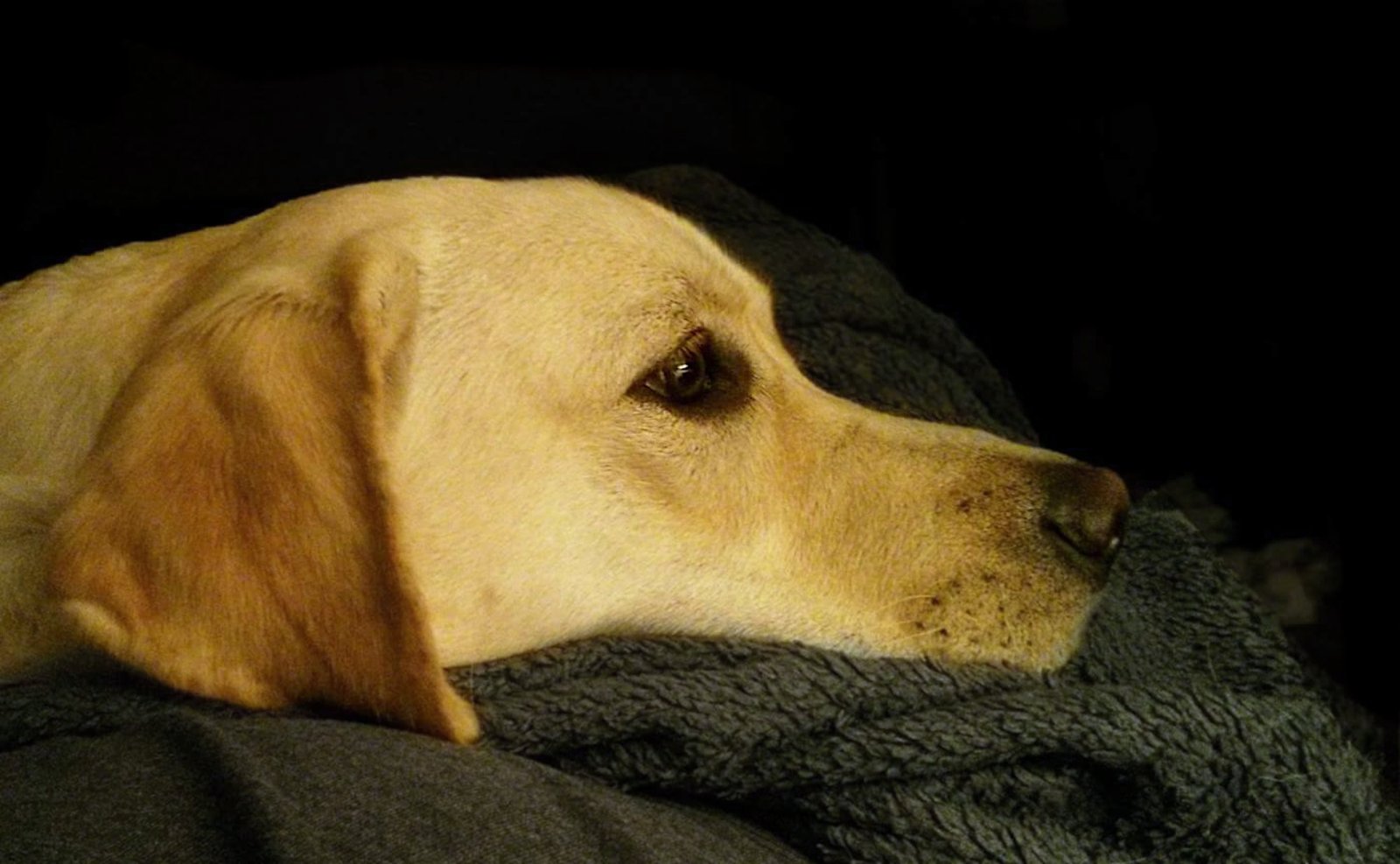
Separation anxiety is surprisingly common in Labradors, and it doesn’t always look the way you’d expect. Some Labs bark or howl, while others might leave “gifts” in the house even if they’re housetrained. You may come home to shredded pillows, gnawed table legs, or a dog who can’t seem to settle down. These signs aren’t just mischief—they’re pleas for comfort and reassurance. Understanding these clues helps owners respond with empathy rather than frustration.
What Labradors Do When No One’s Watching
Ever wonder what your Labrador does all day while you’re gone? Some curl up on your favorite chair, surrounded by the scent of their humans. Others patrol the windows, keeping a vigilant eye out for any sign of your return. There are even Labs who entertain themselves with toys, or invent elaborate games with whatever they find around the house. While some Labradors handle alone time better than others, most would still choose company over solitude any day.
Simple Ways to Make Alone Time Easier
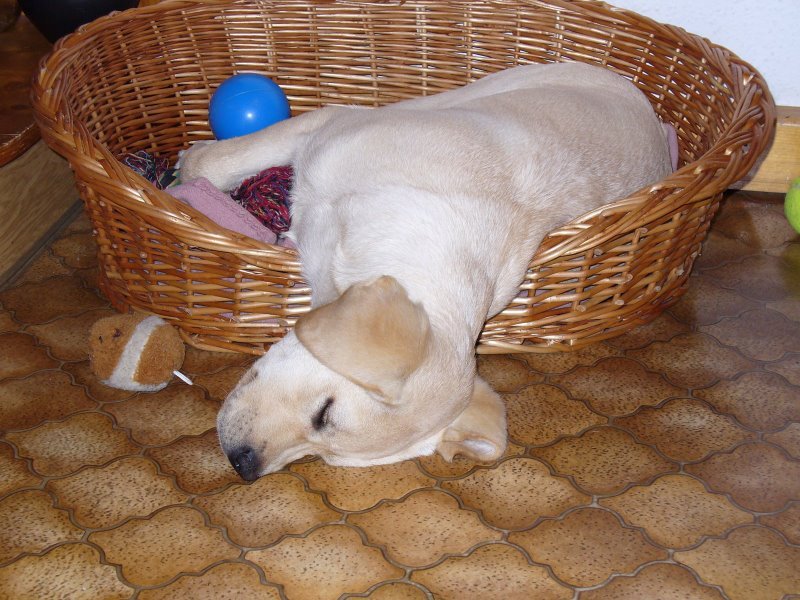
Thankfully, there are plenty of ways to help Labradors feel more comfortable when they’re alone. Leaving behind a worn T-shirt with your scent can be surprisingly soothing. Puzzle toys and treat dispensers give them something to focus on and help pass the time. Playing calming music or leaving the TV on can create a sense of presence, making the house feel less empty. Little touches like these can turn a lonely wait into a time of gentle anticipation instead of distress.
The Magic of Routine for Labradors
Labradors thrive on predictability. Establishing a consistent schedule for meals, walks, and playtime gives them a sense of security. When they know you’ll always come home at a certain time, the hours apart feel less daunting. Even a simple goodbye ritual—like giving them a treat as you leave—can become a comforting cue that you’ll be back soon. Over time, these routines help Labradors relax and trust that alone time is only temporary.
Do Labradors Get Used to Being Alone?
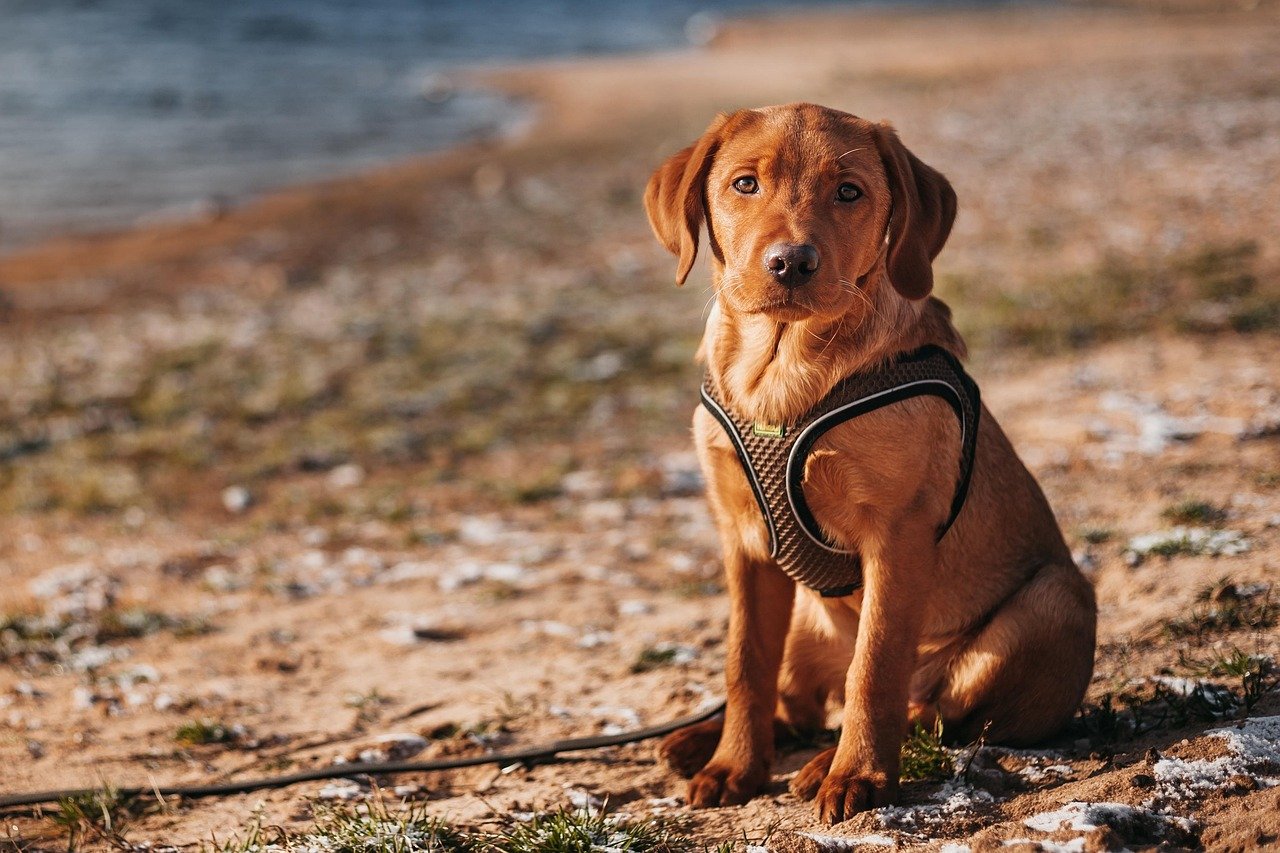
With patience, most Labradors can learn to be more independent. Short practice separations can build their confidence and show them that being alone isn’t so scary after all. Some Labs may always prefer company, but they can adapt to periods of solitude with the right support. The key is to start with very brief absences, gradually increasing the time as your dog becomes more comfortable. This gentle approach teaches Labradors that solitude isn’t forever—and that love always returns home.
When Should You Worry?
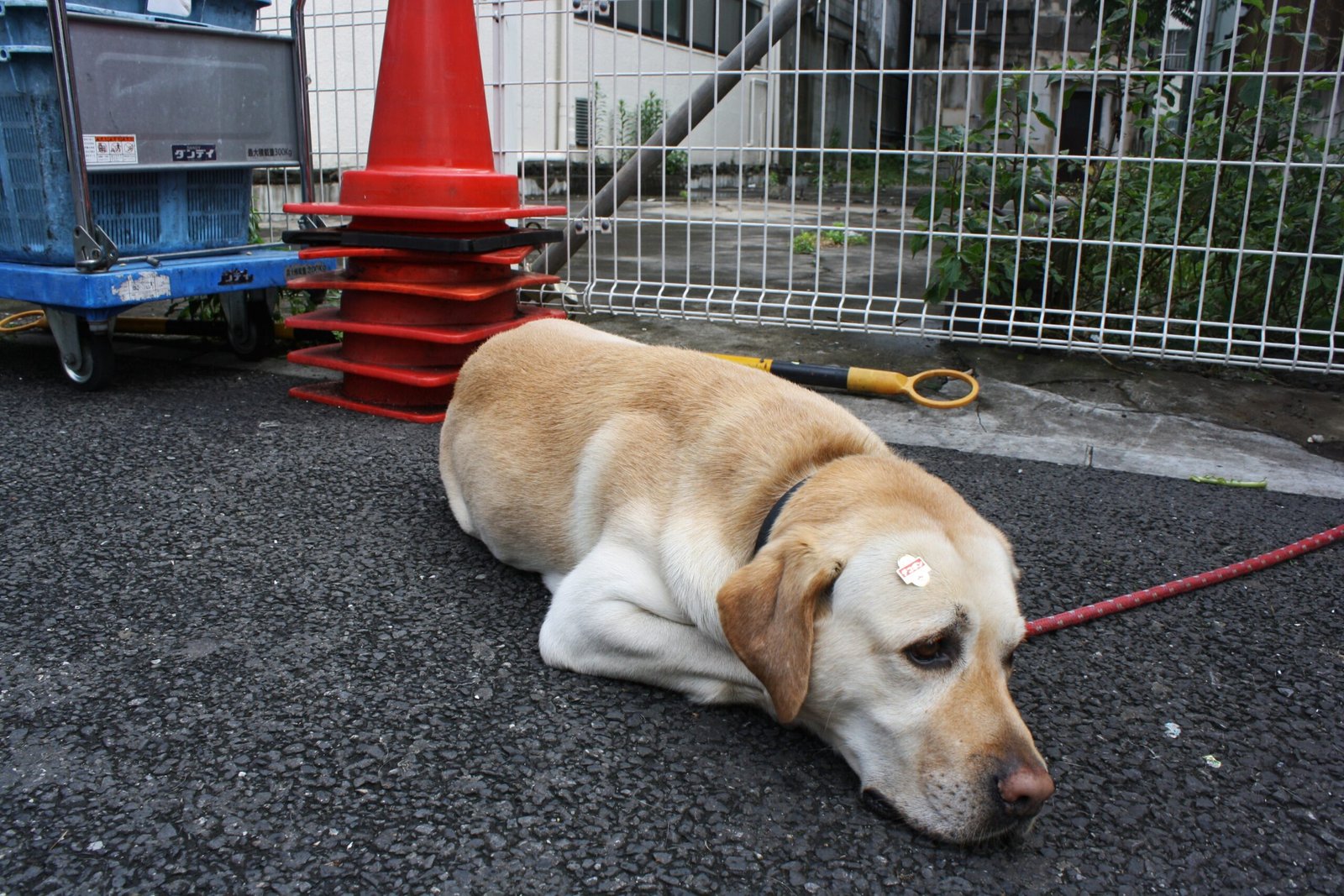
While most Labradors adjust to being alone with time, there are cases when extra help is needed. If your dog becomes destructive, loses appetite, or seems deeply distressed every time you leave, it may be time to consult a veterinarian or animal behaviorist. Professional guidance can uncover underlying issues and suggest tailored solutions. Remember, Labradors want nothing more than to be close to their families—and sometimes, they just need a bit of help understanding that goodbyes are never the end.

